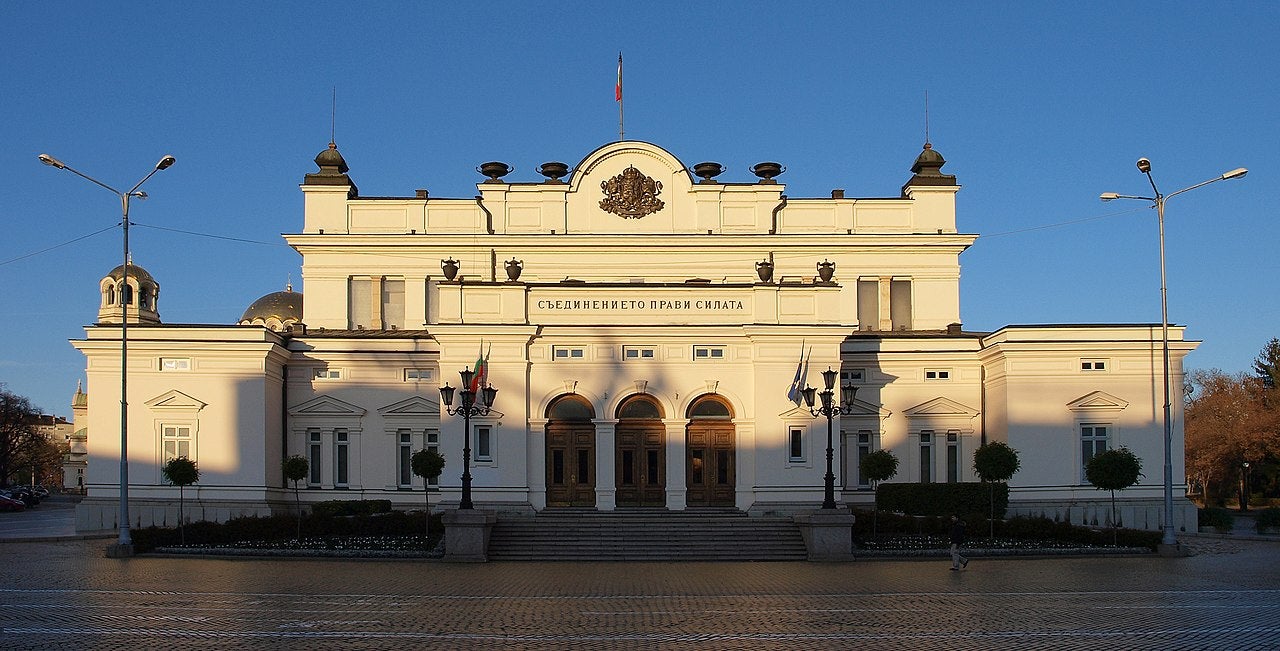
Following Russia’s invasion of Ukraine in February 2022 and the subsequent political fallout that has altered Europe’s security landscape, Bulgaria is set to for a substantial increase in its defence budget over the next 5 years, according to a recent report from GlobalData, ‘Bulgaria Defense Market 2023-2028‘.
Bulgaria’s military expenditure for the period of 2019-2023 has decreased with a negative compound annual growth rate (CAGR) of -9.2%, dropping to $7.1bn (Lv12.9bn) over the period. According to forecasted estimates for 2024-2028, the projected expenditure is expected to total $10.9bn, with a CAGR of 5.4%. Spending is projected to reach its highest point in 2028, with a peak of $2.5bn.
F-16 procurement ramping up
The mounting tensions in Europe have led to a significant investment in various defence programmes by Bulgaria, including a contract for eight F-16s, a tender for 8×8 wheeled Infantry Fighting Vehicles (IFV), and existing and planned frigate and patrol boat replacement programmes. Additionally, the expansion of Nato deployments and European stabilisation and peacekeeping activities have further fuelled defence investment.
Bulgaria’s defence spending peaked in 2019, with the procurement of eight F-16V fighter aircraft, followed by a period of negative growth as spending stabilised. GlobalData forecasts the nation’s defence budget will experience a resurgence as the Bulgarian Ministry of Defence (MoD) commits to augmenting defence expenditures.
In the wake of the war with Ukraine, the Bulgarian parliament put in place a purchase that will substantially transform Bulgaria’s air power, agreeing to purchase an additional eight F-16 fighter aircraft in November 2022, for a total of 16 when delivery is completed. Lockheed Martin have delayed the delivery of the first batch of this new procurement until 2025, and the second batch is expected 2027-28.
Corvette purchase to support Bulgaria’s Black Sea vulnerabilities
With a coastline spanning 378km along the Black Sea, Bulgaria remains vulnerable to Russia’s naval presence, which continues to pose a threat despite the mixed results of its ground forces in the ongoing Ukrainian conflict. The recent amphibious strikes by Russia in Syria and Ukraine have brought the issue of naval security to the forefront of Bulgarian national security concerns. Bulgaria has recently made significant investments in naval vessels and anti-ship capabilities in an effort to safeguard its coastline and facilitate unrestricted trade for the Black Sea economy.
The Bulgarian Navy’s corvette contract was won by Germany’s NVL Group in November 2020. The Bulgarian Navy needed to replace one Koni-class frigate and two Pauk-class corvettes. The 90-meter warships carry MDBA anti-air missiles, torpedoes, Saab anti-ship missiles, and Oto Melara cannons. NVL Group’s replacement is a regular OPV-90 model that has been adapted for service for other navies. As of December 2022, both boats are being built, with delivery planned in 2025 and 26.
Infantry Fighting Vehicles stalling
Bulgaria’s efforts to bolster its military capabilities by procuring advanced combat vehicles and enhancing logistical support capacity have been hampered by a host of obstacles. Since late 2021, Bulgaria’s procurement for an 8×8 wheeled IFV has seen little movement, although state corporation Terem-Holding EAD has been instructed to investigate local manufacturing, but local manufacture will likely need to import equipment from international armaments companies. Despite interest from General Dynamics European Land Systems and Patria, Bulgaria’s original procurement for an 8×8 wheeled IFV was cancelled.




